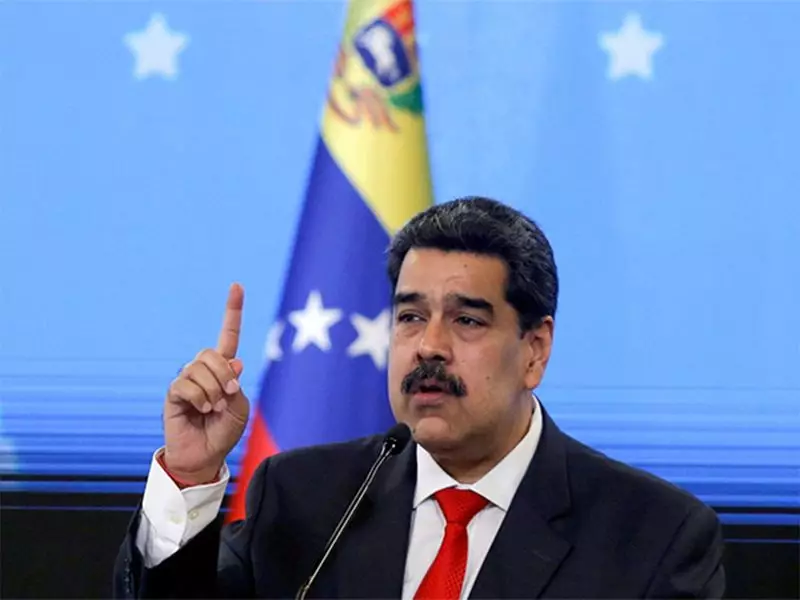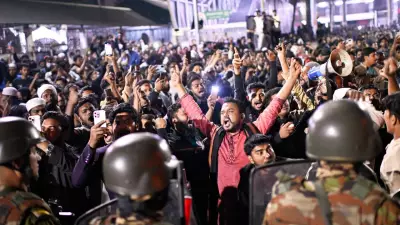
Venezuelan President Nicolás Maduro has launched a strong condemnation against the United States government for conducting military exercises in Trinidad and Tobago, labeling the move as a direct threat to regional peace and stability. The diplomatic confrontation comes amid already heightened tensions between Caracas and Washington.
Maduro's Strong Protest Against US Military Presence
During his weekly television program "Con Maduro +," the Venezuelan leader expressed his vehement opposition to the US military activities in the twin-island nation. Maduro revealed that he had sent an official note of protest to the government of Trinidad and Tobago, questioning their decision to allow what he described as "provocative" military maneuvers so close to Venezuelan territory.
The Venezuelan president specifically criticized the involvement of the US Southern Command in these exercises, accusing them of establishing military bases and conducting operations that he believes undermine the sovereignty and peace of the Caribbean region. This development occurs against the backdrop of longstanding tensions between Venezuela and the United States, particularly regarding Washington's sanctions against Caracas and its support for opposition figures.
Trinidad's Response and Regional Implications
In response to Maduro's allegations, Trinidad and Tobago's National Security Minister Fitzgerald Hinds provided clarification about the nature of the US military presence. Minister Hinds explained that the US vessel involved was actually participating in a training exercise with the Trinidad and Tobago Coast Guard, focusing on counter-narcotics operations and not offensive military activities as suggested by Maduro.
The minister emphasized that the collaboration was part of ongoing efforts to combat drug trafficking and other transnational crimes that affect the entire Caribbean region. However, Maduro remains unconvinced, viewing these explanations as cover for what he considers a more sinister agenda aimed at destabilizing his government.
Broader Geopolitical Context
This incident represents the latest chapter in the complex relationship between Venezuela and the United States. The timing is particularly significant given Venezuela's upcoming presidential elections scheduled for July 28, where Maduro is seeking another term amid considerable international scrutiny.
Regional analysts note that the Caribbean has become an increasingly important theater for geopolitical competition, with nations like Trinidad and Tobago finding themselves in the delicate position of balancing relationships with both Venezuela and the United States. The situation highlights the challenges smaller Caribbean nations face when navigating the interests of larger global powers while maintaining their own sovereignty and regional partnerships.
The controversy also underscores the ongoing strategic importance of the Caribbean basin, where military presence, economic interests, and diplomatic influence continue to be contested among various international actors. As the situation develops, regional leaders are watching carefully, aware that such confrontations could have broader implications for Caribbean stability and international relations throughout the Americas.





